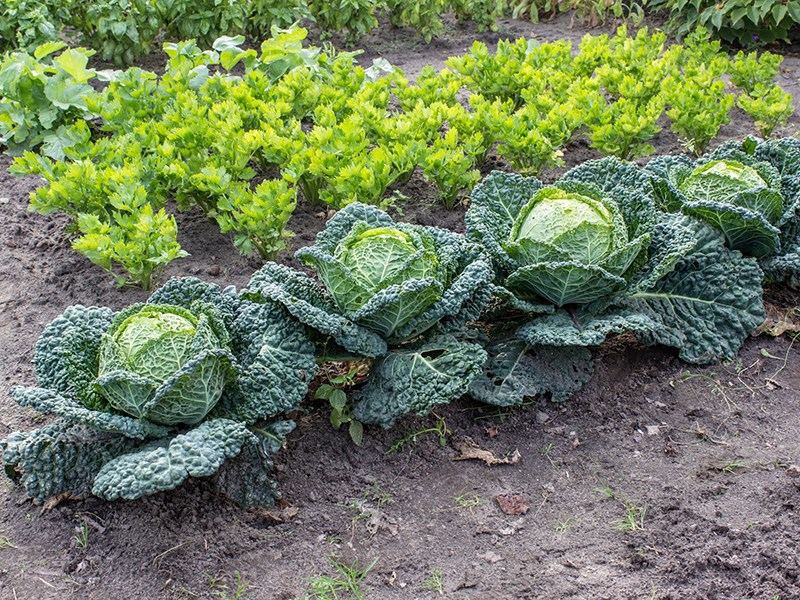As spring pokes its head out, we dream of our garden beds and the harvest to come. What better way to get that garden growing than with some healthy compost to nourish the plants that will nourish you?
If you’re not already composting at home, there are a few options to consider that can reduce overall household trash.
Composting with worms is a great way to deal with smaller volumes of kitchen scraps. All you need is a bin to fill with food and bedding for the red wriggler worms. Use a mix of coffee grinds, horse manure, newspaper and dried leaves, although other combinations provide a perfectly great habitat as well.
Instructions for how to build a simple worm bin are readily available online. Once set up, simply feed the worms leftover food scraps, which they will happily transform into nutrient-rich fertilizer called worm castings. Red wrigglers are easily found in healthy compost piles or horse manure and will multiply quickly once added to your bin.
Those interested in keeping composting efforts indoors can experiment with the Japanese fermentation method known as Bokashi. This anaerobic method is done in a sealable bucket, where kitchen scraps are cut into smaller pieces and then sprinkled with a microorganism-rich inoculant that can be purchased locally. After three weeks of fermenting, the mix is buried in the ground or garden where it quickly integrates into the soil.
For those who have large amounts of yard trimmings, they may want to create an outdoor compost pile where they can mix browns (dried leaves, cardboard, wood chips and twigs) with greens (kitchen scraps and tree cuttings). The pile will break down faster when it is turned to infuse oxygen. Contain the compost heap in wooden pallets for a tidier look.
Those unable to compost at home, or wishing to keep certain attractants such as meat and cooked foods out of their home compost, have another option. The community composting program at Town Centre Recycling Depot is available six days per week. Bring collected materials under 50 pounds to the depot and place them in the green bin provided.
Once a routine is set up, household members will find this becomes just another part of clean up after a meal. Soon, residents and their gardens will be able to enjoy the fruits of their labour.
Let’s Talk Trash is Powell River Regional District’s waste-management education program.



